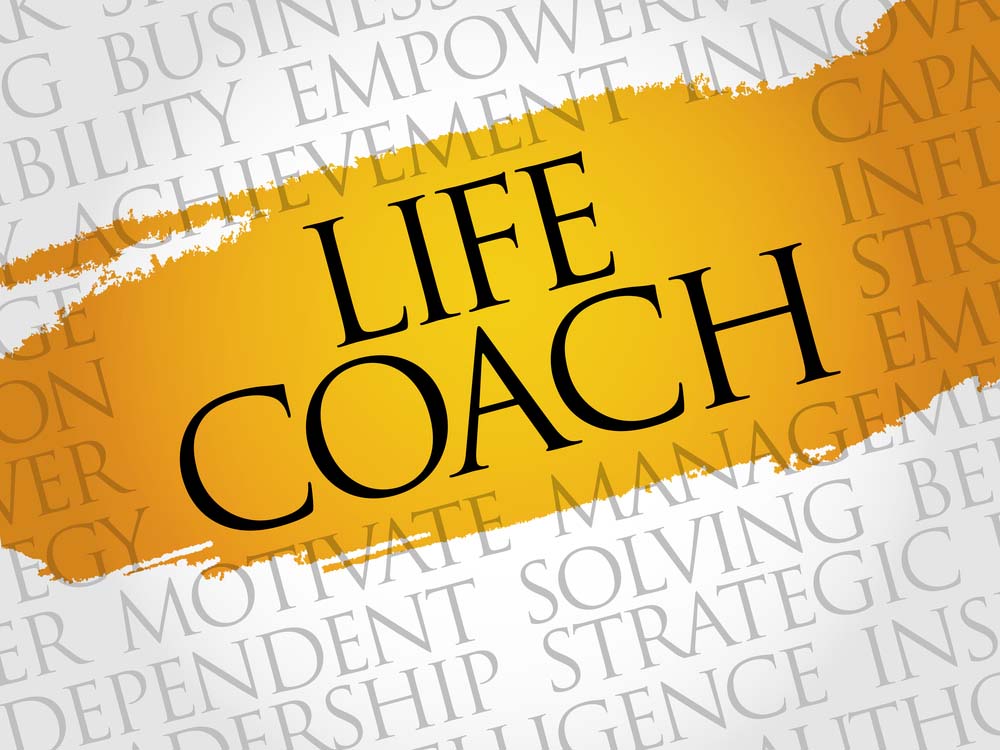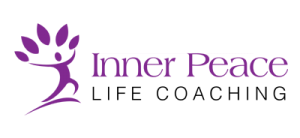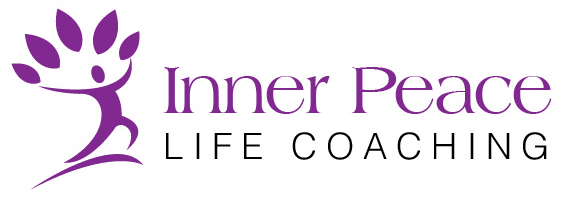Coaching – The Game Changer
Coaching – The Game Changer
Attaining excellence is not an option. It’s a necessity. It’s a ruthless never-ending struggle to reach the top. The intensity and all-consuming demands for perfection demand a reckless drive, an almost maniacal obsession to perfect one’s craft. And while it’s quite possible that an individual is equipped with all the necessary attributes to make it big in life, it doesn’t necessarily imply that there can be no further improvement. The danger of complacency is an ever-present reality that can suck an individual’s potential and can deaden the senses. And almost imperceptibly, the individual loses himself in that mechanical pursuit of tasks that have no real meaning. And all too often, the ability to make a switch seems like a gigantic proposition. What starts as a small trickle becomes a rushing waterfall, fierce and magnetic.
The vast majority of people are losing themselves in being busy, without being productive and accomplishing anything of real and lasting importance. That’s the real danger, and it surprisingly goes unnoticed. And that brings us to the essential question, “Why is achieving excellence important? The truth is, the road to victory is often strewn with roadblocks real or imagined, and most people would rather settle for comfortable. And a comfortable existence is a dangerous one, as it offers no real solace or lasting value. Inevitably, the demands of life can be a very heavy sentence and we all are aware of the term “burnout”, which is a direct result of lost time and failed dreams.
Coaching plays a huge role in directing an individual towards fulfillment and ultimately towards greater productivity. The results personally and professionally are unparalleled. I personally have been remarkably blessed with mentors who have played an invaluable role in helping me see reason. Yes, even that sometimes! But on a serious note,
Coaching requires an open perspective, a bird’s eye view of the individual’s psyche. Coaching mechanisms can’t be replicated as no two individuals are the same, with completely different personalities and interests. Also, it’s important to consider a very important principle. Coaching is not a road to fame or a “feel good factor”.
Why is Coaching a Game Changer?

Simply put, life doesn’t offer second chances and therefore it stands to reason, that an individual can’t live to see defeat multiple times. It can lead to depression, to say the least!! But let’s be honest here. The objective is to lead an exemplary life, a life that is rich with promise and potential, and we all need a mentor that can lead us there. Individuals who make it on their own are a rarity. Truth is, no one can make it alone, even the so-called self-made individuals. The catch here is, the right feedback at the right time conveyed in the right manner that miraculously works like a charm. Coaching is vastly different from other therapies, and it can be argued that it’s by far the best strategy for personal growth.
The reason is surprisingly simple “the personal touch”, that connectedness and shared bond that forms an almost tangible sense of self-belief and self-worth.
Sometimes feelings of self-worth are buried under years of abuse and neglect, almost eroding an individual’s sense of discovery and dreams. Coaching lays bare the essentials, with powerful questions that demand a deeper introspection. The path to growth is adventurous! It demands sheer grit and courage in the face of relentless opposition. The notion that coaching is a tool that can lead to reformed individuals is not an overnight phenomenon. There are no quick fixes, and there shouldn’t be either. They lead to shaky foundations that topple at the slightest push. Coaching mechanisms are a complex labyrinth of procedures that demand answers that last. The results are not instantaneous but when an individual exhibits courage and categorical decision-making skills that are undeniably the tools that we need in the real world, we realize that Coaching has been the game changer.
Millions of people all over the world are realizing the incredible benefits of coaching. Maybe it’s time, YOU connect to that too!!!!!!
Sajid Ahamed, is Grinder approved NLP Trainer in India and Middle East. He has been running NLP Practitioner Courses in India and Middle East. He has been coaching Clients for effective parenting skills and Enhancing Emotional intelligence. You can book a free session with him using the below link.
https://my.timetrade.com/book/LNX16
IPLC Team









